Official opening of the new education reception centre at Krka National Park
20/05/2022
The Krka Eco Campus in Puljane, an investment valued at HRK 83,287,287, is a new educational centre that interprets the natural, cultural and historical heritage of Krka National Park in a modern and interactive way, enabling scientists to work towards developing knowledge and volunteers to actively exchange experiences.
As the gate to the northern part of Krka National Park, a unique destination that contributes to the optimal spatial and temporal distribution of visitors, the Krka Eco Campus is an important interpretation, education and volunteer centre intended for pupils, students, volunteers, scientists and researchers, and especially for nature lovers who wish to learn in detail about the natural values and wealth of cultural and historical heritage in the park.
“The way we treat our resources, the way we treat the environment, is a true image of who we are. And that is why the Krka River, authentic and special at the global level, conserved and enriched with content, should be a place where we proudly bring our children and show them how we should care for what we have. To preserve it for those yet to come. The project we have come together for today is an example of the model investment in Croatia – one that enriches the space, is founded on the principles of sustainability, and has a minimal environmental impact,” stated Minister of the Economy and Sustainable Development Davor Filipović.
Construction of the Krka Eco Campus in Puljane is part of a broader project entitled Unknown Krka: Hidden treasures of the upper and middle course of the Krka River (KK 06.1.2.01.0003), co-financed within the Operational Programme Competitiveness and Cohesion 2014 – 2020 from the European Regional Development Fund, with an approved grant in the amount of HRK 66,200,193 while the total project is valued at HRK 80,057,649.15.
“This project was co-financed with a grant from the European Union funds. The visitor and educational and presentation content will generate new possibilities for the development of tourism projects to attract visitors, while also educating them in a fun way about the natural and cultural values, and the need for their protection,” stated Nataša Tramišak, Minister of Regional Development and European Union funds. She added, “Nearly a billion kuna of valuable projects in the field of natural heritage have already been contracted from EU funds at the national level, with 600 million kuna allocated for the construction of 17 presentation centres throughout Croatia. Six of these are located in Šibenik-Knin County and together are valued at 176 million kuna, made possible through the European Union funds. These projects are all nearing completion, and we can certainly be proud of them.”
The educational reception centre in Puljane is part of the ongoing valorisation of the upstream sections of the Krka River that the Public Institute of Krka National Park has been actively implementing for several years, with the aim of strengthening the local economy and human resources in the area.
“Šibenik-Knin County is one of the most ecologically preserved and naturally beautiful parts of Croatia, and the Krka River that runs through the centre of the county, gives life to all that surrounds us. Thanks to the river, the many diverse landscapes in our county are connected in a unique way into a distinctive monument of nature, in this region that is of exceptional importance for the Croatian national history,” stated Marko Jelić, Prefect of Šibenik-Knin County. He added, “With this educational reception centre, the exceptional natural, cultural and historical heritage of this part of our county will be interpreted in a modern and interactive way, bringing it closed to every visitor. This marks another step forwards not only in the park’s promotion, but also in its protection, which is both our duty and our obligation.”
Head of the Promina municipality, Tihomir Budanko, is particularly proud of the new educational content that will contribute to diversification of local tourism. He stated, “The project Unknown Krka and the new educational reception centre have given the Promina municipality added value as a destination that is becoming more recognisable and more competitive on the tourism market, with development founded on the principles of sustainability. The aims of this project are undoubtedly intertwined with the strategic goals of the Promina municipality, that encompasses nearly one-quarter of Krka National Park, as it secures a sustainable tourism future in the sense of economic development of the region and improving the quality of life of the local population.”

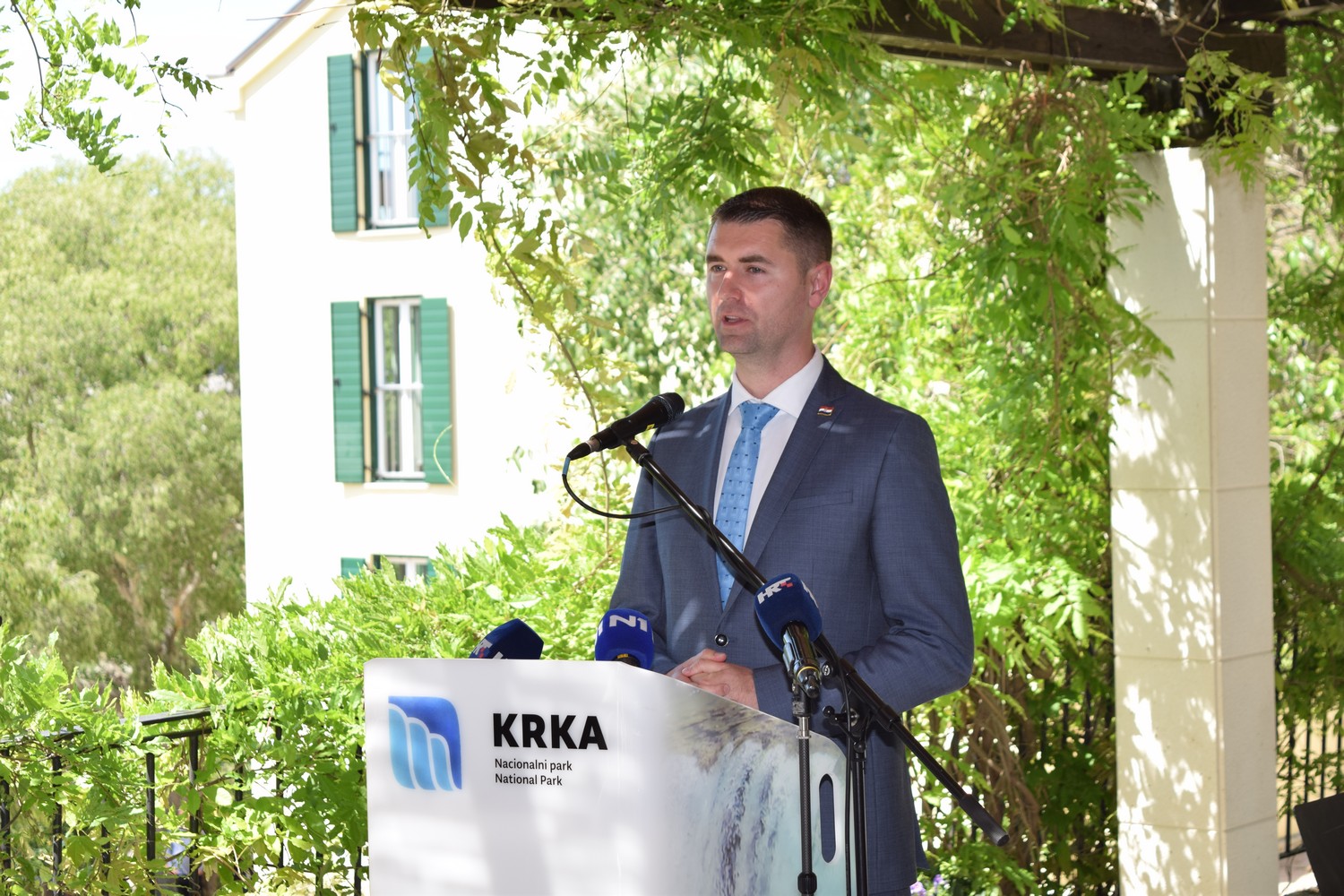
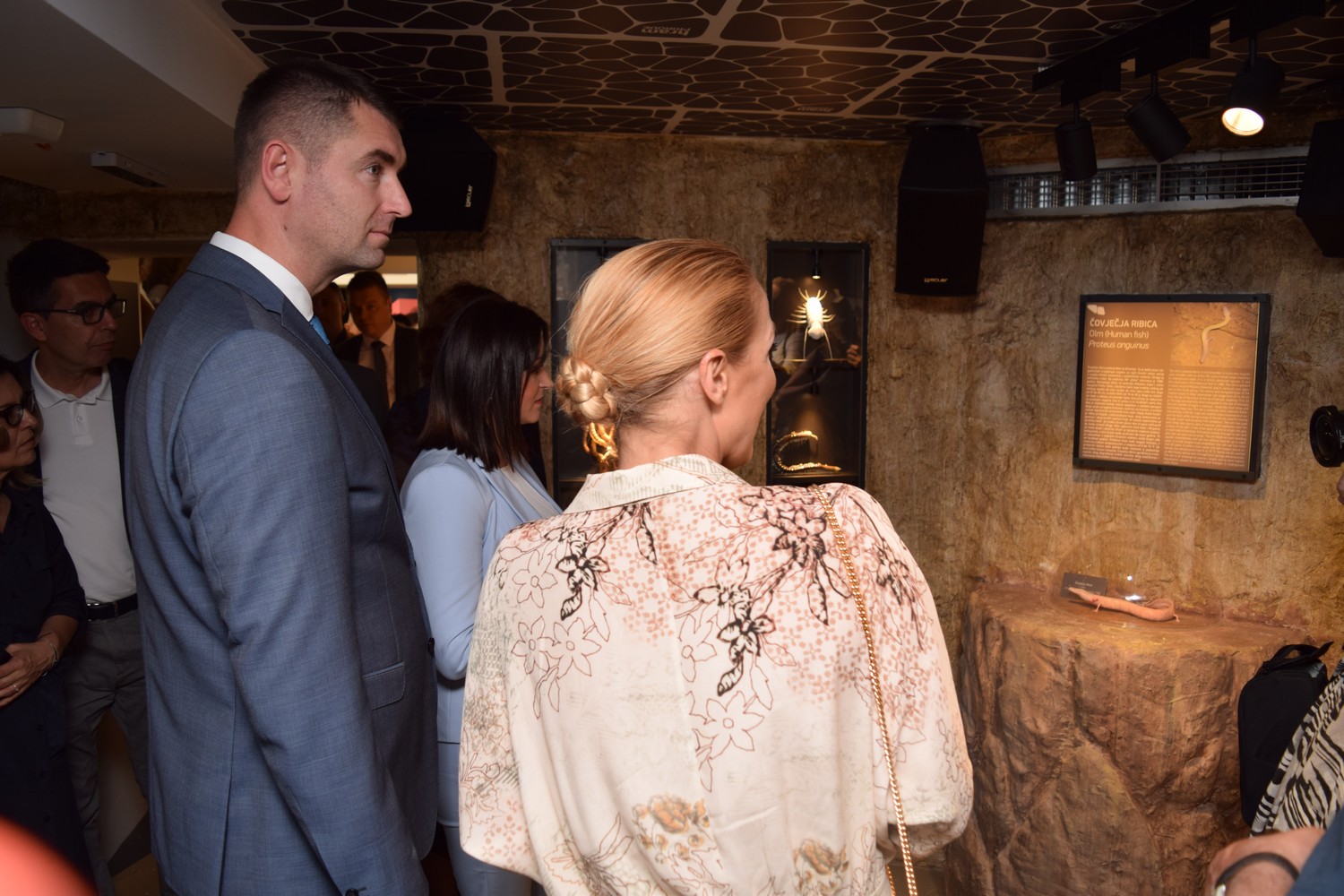

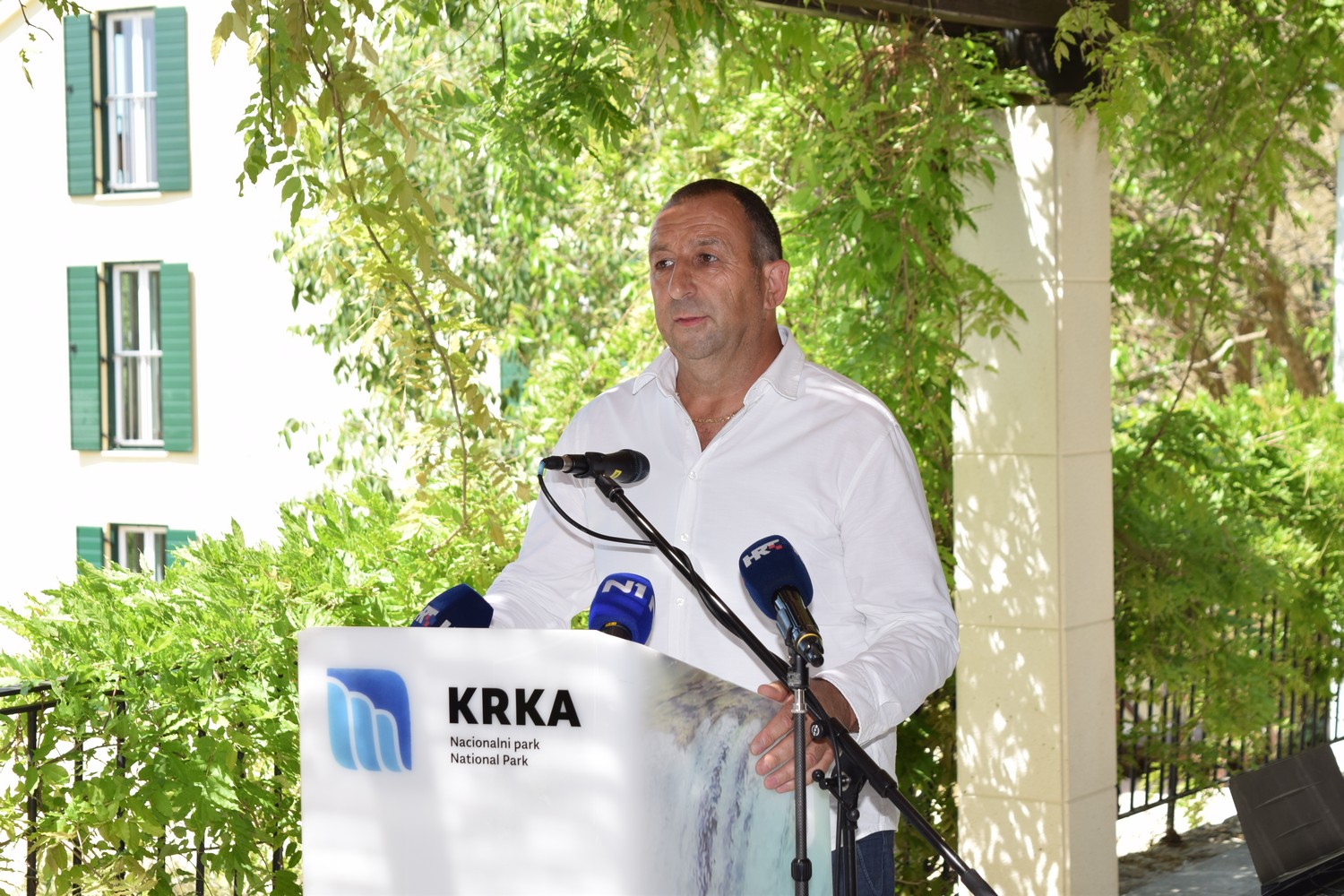

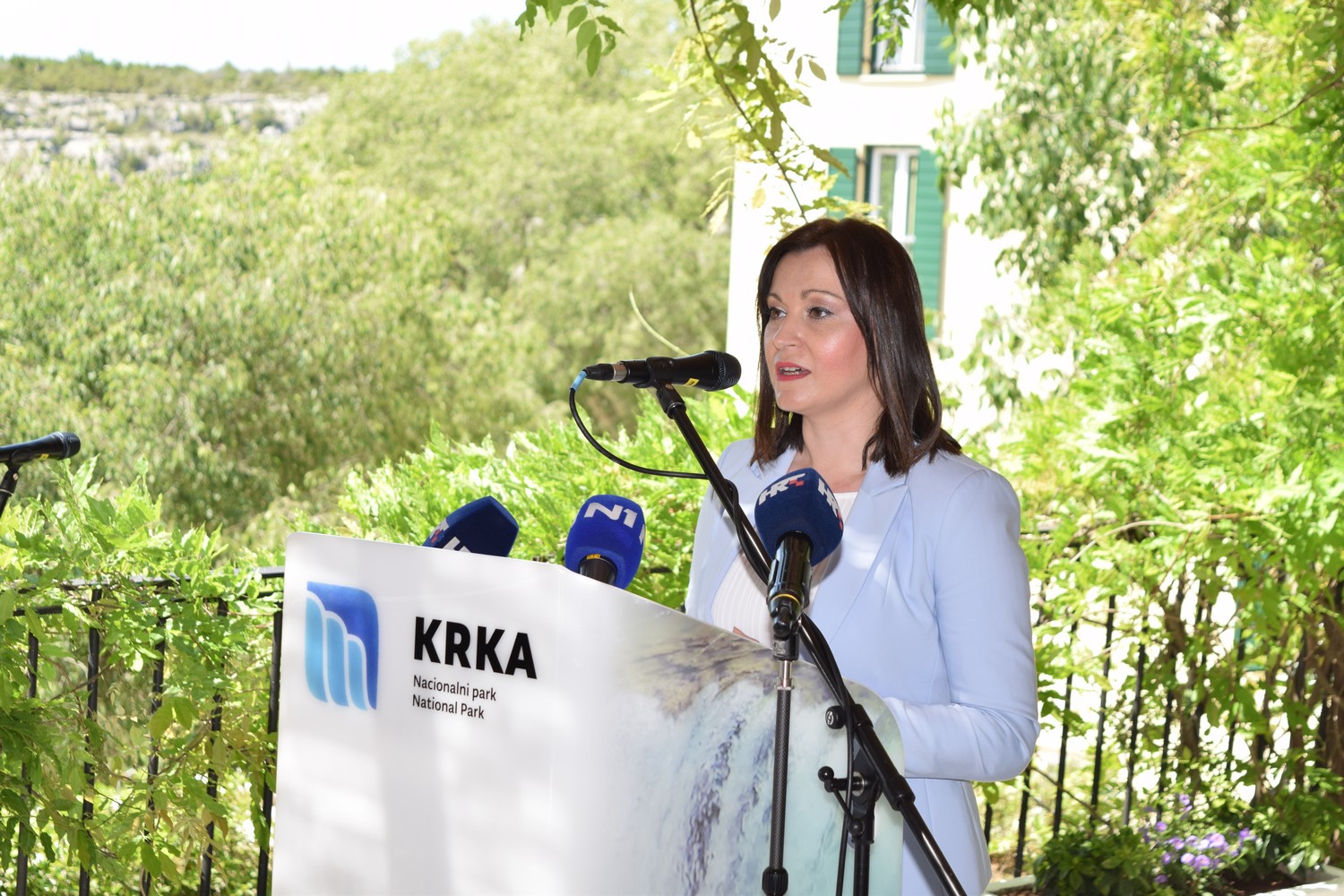



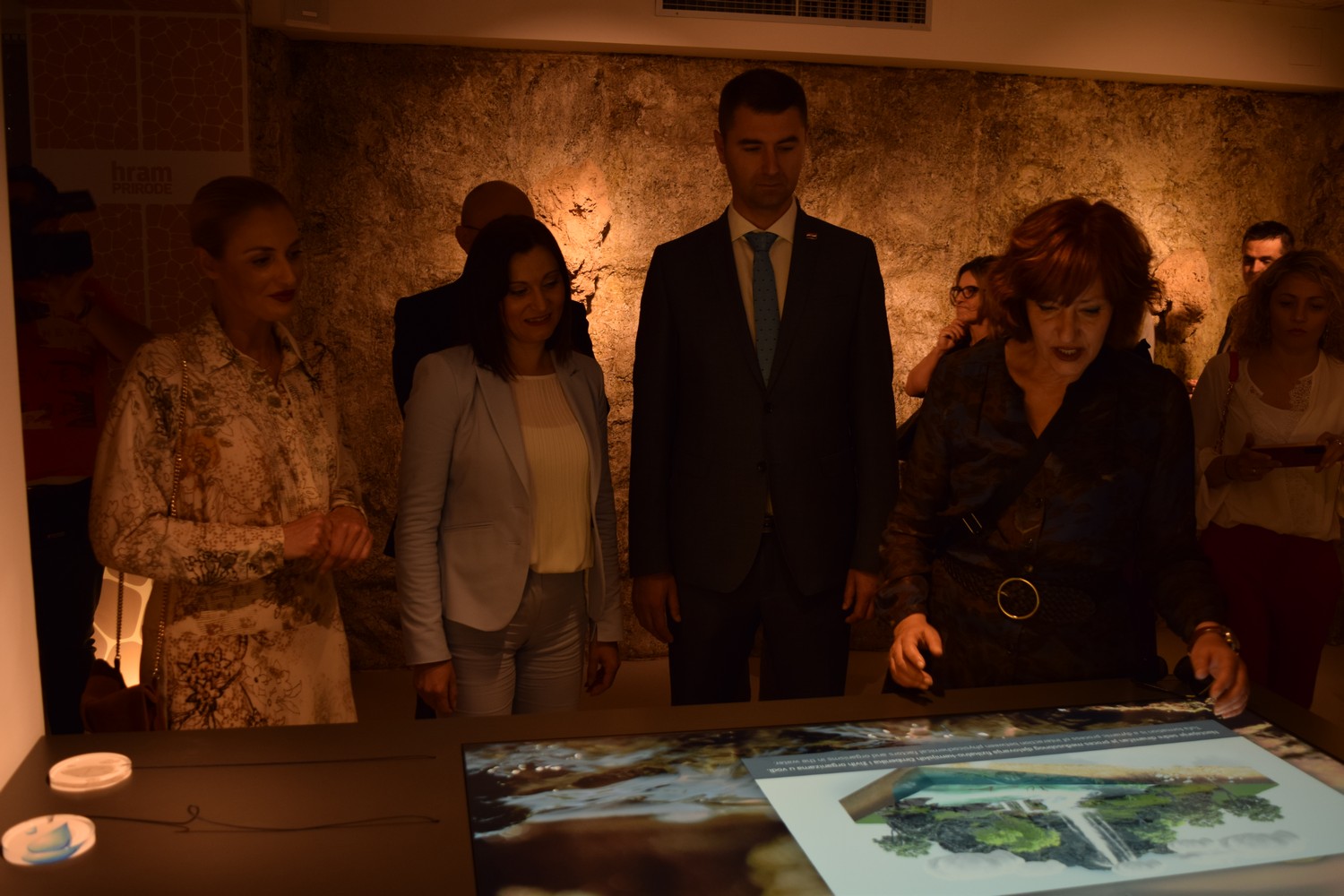
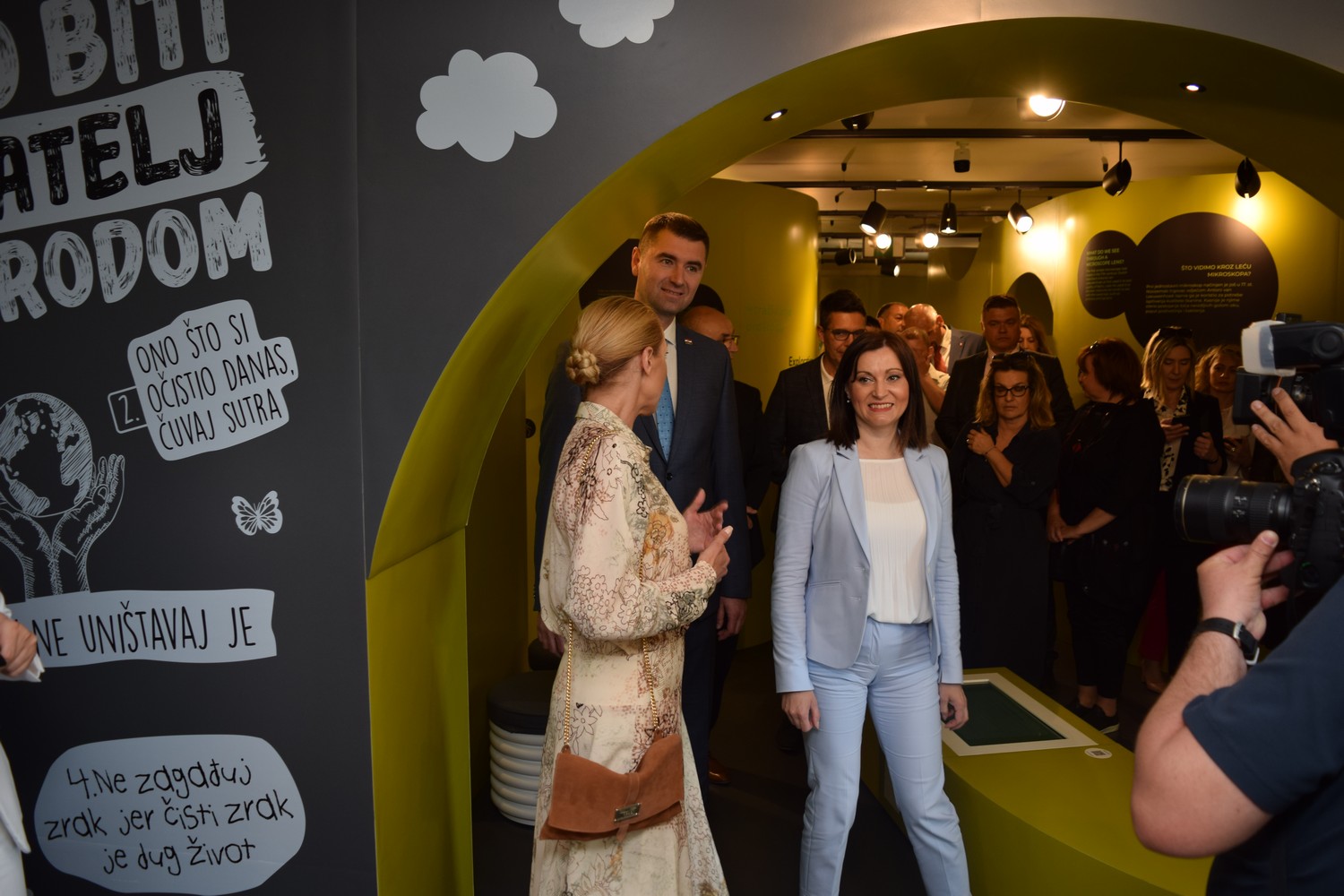
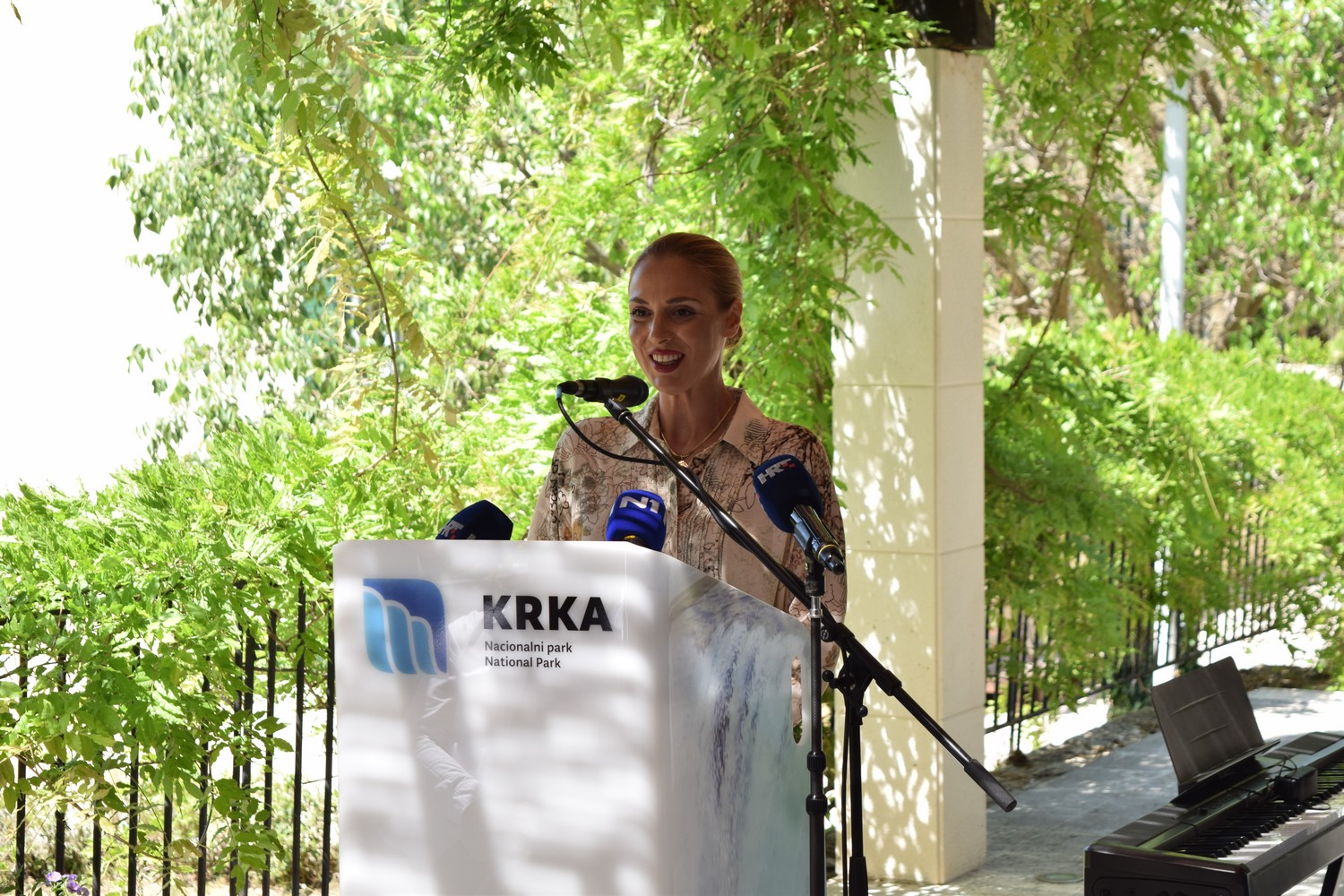
In addition to two valuable collections that present archaeology and the natural sciences in a contemporary and attractive way, the Krka Eco Campus also includes the Nature Laboratory, which is sure to be an unavoidable destination for school excursions thanks to its educational dimension and interactive content. Volunteers and researchers are able to visit the Volunteer Centre with its accompanying laboratory equipped with the most modern equipment, a conference room that can seat up to 100 people, dining room and internet centre.
“The Krka Eco Campus is an inspirational example of aligning nature with the technological accomplishments of the 21st century to bring together people of different interests and professions. We believe that this centre, in addition to its educational aspect, will be the driver of development of volunteer programmes, that it will contribute to the growth of the local economy, while also providing an integral tourism experience for visitors,” stated director of the Public Institute of Krka National Park Nella Slavica. She added, “I would like to thank all those who worked with such dedication on this comprehensive project in the many different phases of its construction, contributing to the creation of this unique centre of learning, training and gathering in our county.”
The construction and equipping of the Krka Eco Campus started in 2005, and in the meantime was included in the broader project Unknown Krka: Hidden treasures of the upper and middle course of the Krka River, focused on the sustainable development and conservation of the Krka River ecosystems. As part of the Unknown Krka project, the total value of works invested in the Krka Eco Campus was HRK 52,623,357, of which HRK 45,759,572 was co-financed by European Union funds, and HRK 42,873 from the Environmental Protection and Energy Efficiency Fund. All other costs were financed directly by the Public Institute of Krka National Park.
Unknown Krka
JOŠ NOVOSTI IZ KATEGORIJE
Public forum held at Krka NP – the synergy of nature conservation, cultural heritage, and tourism in destination development; the development of the northern part of the Park will bring direct benefits to the local community
“We are exceptionally pleased by the synergy of included stakeholders, as in the future this will result in even better solutions for the development of the northern part of the Park, secure a future for young people, attract numerous visitors, and bring direct benefits to the local community,” stated Nella Slavica, director of the Public Institute of Krka NP at the public forum
Krka National Park invites all to participate in a public forum
A public forum entitled “Krka National Park – synergy between protecting natural and cultural heritage and tourism to drive destination development” will be held at 11 am on Thursday, 18 May at the Krka Eco Campus in Puljane
Revealing the unknown Krka – project media campaign
The project Unknown Krka – hidden treasures of the upper and middle course of the Krka River connects the two river banks, the two municipalities of Promina and Bukovica, the Krka Eco Campus in Puljane and the Krka Nature Interpretation Centre – well of life in Kistanje
Increasing cooperation between the Krka NP and the HGSS (Croatian Mountain Rescue Service) – Šibenik Station
The Croatian Mountain Rescue Service – Šibenik Station and the Krka National Park signed an agreement about the joint use of medical equipment and search and rescue equipment, which also included an agreement about the regular renewal of licenses and the readiness to react in the event of an accident to trained employees of the Krka National Park
